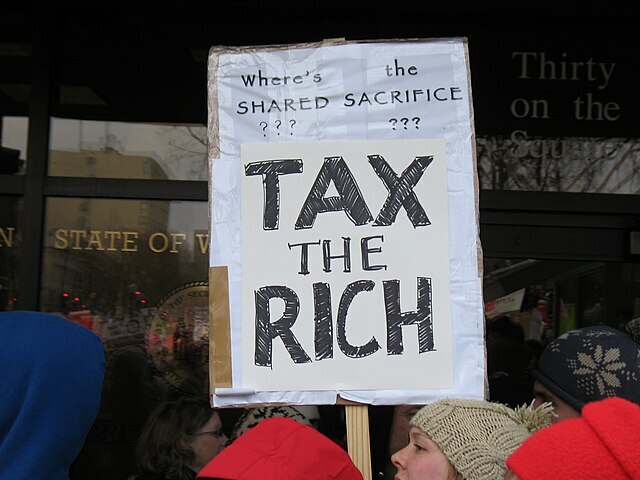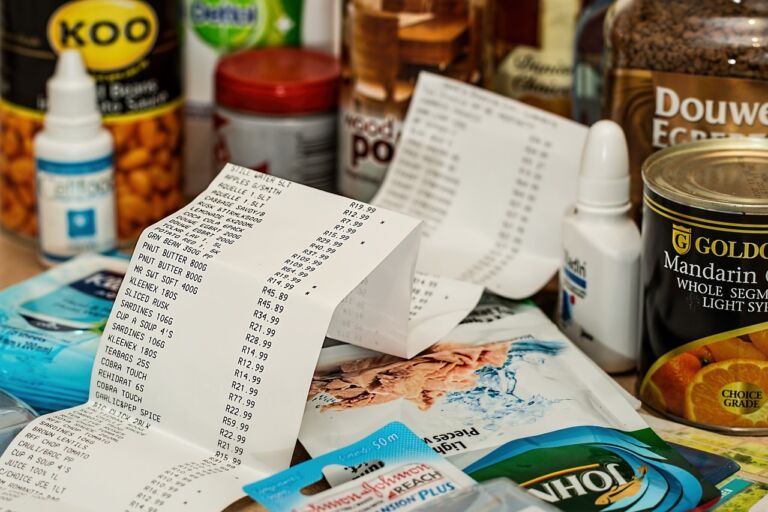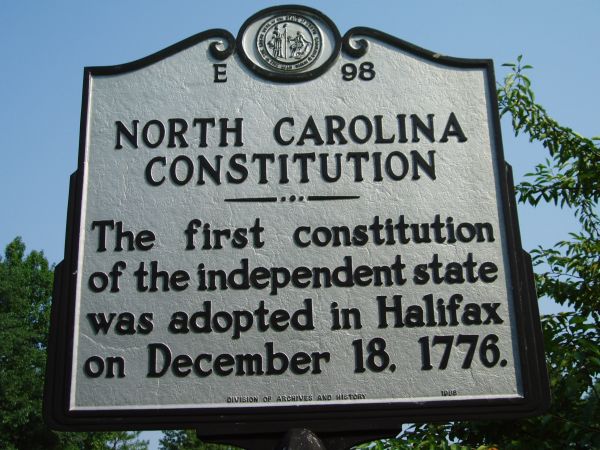Another election, another opportunity for counties to ask voters to raise the sales tax.
Only two of 25 tax votes have passed when held in conjunction with presidential primaries, with an average 64% of voters rejecting tax hikes. Sales taxes have been more likely to pass in low-turnout elections, so state law now requires a referendum can only go before voters when all precincts in a county are open.
Early voting has already begun for the March 3 primary election, and four counties have put a quarter-cent sales tax on the ballot. Voters across the state have learned the hard lesson from Buncombe County and other places where funds have been diverted from their promised use: every political promise has an expiration date.
Wayne County is trying a third time, promising to use the money for a new elementary school and other construction projects. Forsyth County promises to use the money for teacher pay because commissioners increased property taxes for the court building they hoped a 2018 sales tax referendum would otherwise have covered. Madison County is also on its second attempt, and commissioners say the money will repair the football stadium and fund other construction projects and teacher pay. Chatham County is the only one of the four counties that have not sought the sales tax increase before, which has taken the same approach as Mecklenburg County last November, that is, promising something from the tax for many constituencies.
Wayne County
This is Wayne County’s third attempt to gain approval for the sales tax. Commissioners first tried in May 2008, but 82% of voters rejected a tax hike. A decade later, in November 2018, only 57% of voters rejected a tax hike.

This time, commissioners promise to use the revenue to pay for a new $18 million elementary school and 39 other projects totaling $14 million. Wayne County’s property tax rate is 66.35 cents, which generates $859,000 per penny of tax for total property tax revenue of $57 million. The $2.6 million sales tax hike is equivalent to a 3 cent property tax increase. County commissioners have not said they would repeal the sales tax once projects are paid off, nor would voters likely trust such a promise.
Forsyth County
The first time Forsyth County commissioners went to the voters for the quarter-cent sales tax increase, just 16 months ago, they threatened to raise increase the property tax rate by 3.1 cents if the referendum failed. Commissioners then said they would use $11 million per year from the sales tax to cover the $120 million tab for a new Hall of Justice and dedicate “a portion of the estimated $3 million in excess revenue to Winston-Salem/Forsyth County Schools (likely for teacher salary supplements).” With such clarity of purpose, and despite the threat of higher property taxes, 68% of voters said no to the sales tax hike.

Commissioners followed through and raised the tax rate by 3 cents last year, though only 2 cents were needed for the Hall of Justice. They now promise to repeal 1 cent of the tax if voters approve the current sales tax hike proposal. With the Hall of Justice covered, commissioners say they will use almost all of the new tax to boost the local supplement for teachers by $2,000 to $3,000 “depending on their experience and education.”
“The school system needs $12 million annually to accomplish that goal. The commissioners increased the property tax rate by 1 cent this year to support teacher supplements, but it would require a 3.5 cent property tax hike to get to the $12 million goal,” according to former Winston-Salem/Forsyth superintendent and current county commissioner Don Martin. Because the sales tax would generate $14 million per year in revenue, the county would receive a $2 million windfall each year.
Voters might question just how much commissioners value Forsyth County teachers. Martin said, “if we don’t get this, we can’t do it, period.” Clearly, the county could raise the property tax an additional 2.5 cents or use the 1 cent property tax increase it already imposed and find $8.3 million in savings elsewhere in its $454 million budget, or 1.8% of total spending.
Forsyth County’s property tax rate is 75.35 cents, which generates $3.7 million per penny for total property tax revenue of $277 million. The sales tax is equivalent to a 3.8 cent property tax increase.
Madison County
County commissioners said they gave themselves too little time to campaign for a tax hike in 2018. Democrats added a seat on the commission, but 54% of voters rejected the quarter-cent sales tax to pay for a football stadium, among other projects. The football stadium is still the top item on the wish list, but supporters have had since June 11 to make their case this time.

There is no guarantee the money will go to education needs even if voters agree with the priorities listed by the Madison County Board of Education. Elected officials have often promised money for education, whether A-B Tech in Asheville or school construction from the state lottery only for the funds to supplant money for teachers or simply get diverted to the general fund.
Madison County’s property tax rate is 51 cents, which generates $229,000 per penny for total property tax revenue of $11.7 million. The $290,000 sales tax is equivalent to a 1.27 cent property tax increase.
Chatham County
Commissioners in Chatham County have a slew of projects they hope to fund with their first attempt to pass a quarter-cent sales tax increase. A November resolution listed “Affordable Housing, Education, Parks & Recreation, and Agricultural Preservation & Enhancement” as possible uses for the money. The Chatham News and Record explains, “This is by far the most diverse of surrounding counties.”

“I think the affordable housing is a clearly demonstrated need and would expect to get the lion’s share,” Commissioner Jim Crawford said in October, “but I also like the idea of also finding out what else could be there.”
Chatham County’s property tax rate of 67 cents generates $1.1 million per penny for total revenue of $78 million. The $1.6 million from the sales tax would be equivalent to a 1.5 cent property tax increase.


